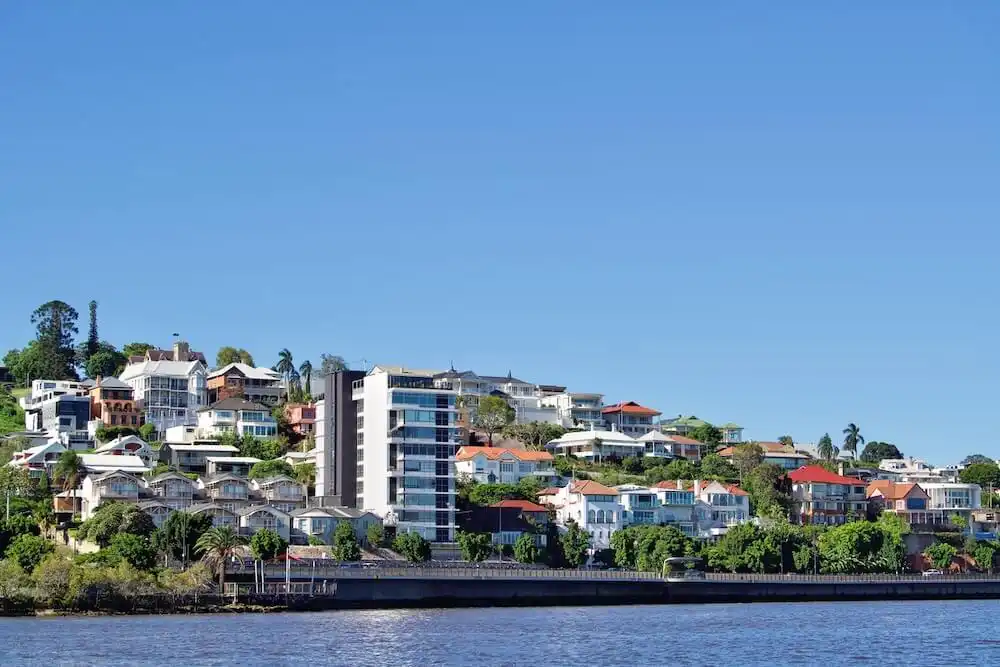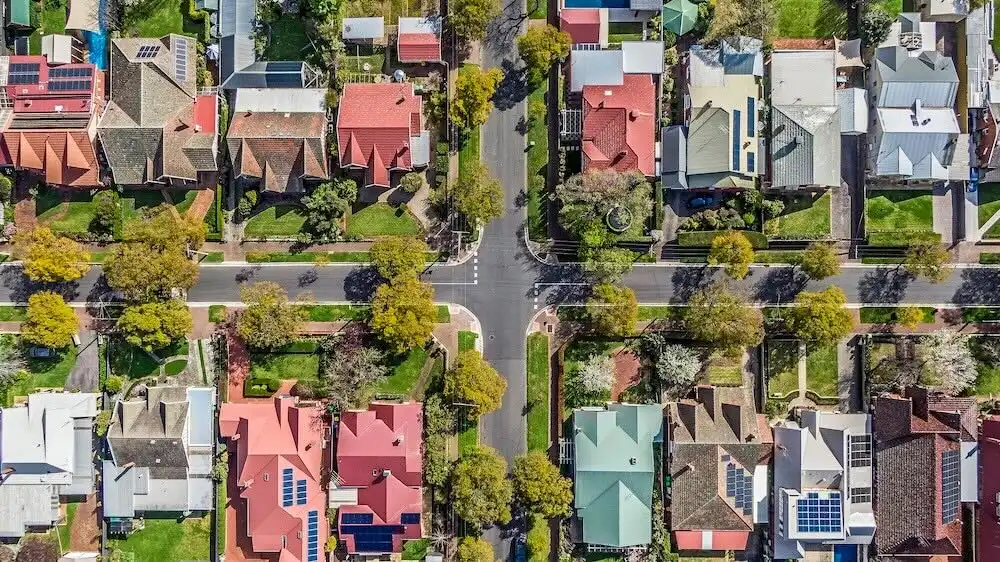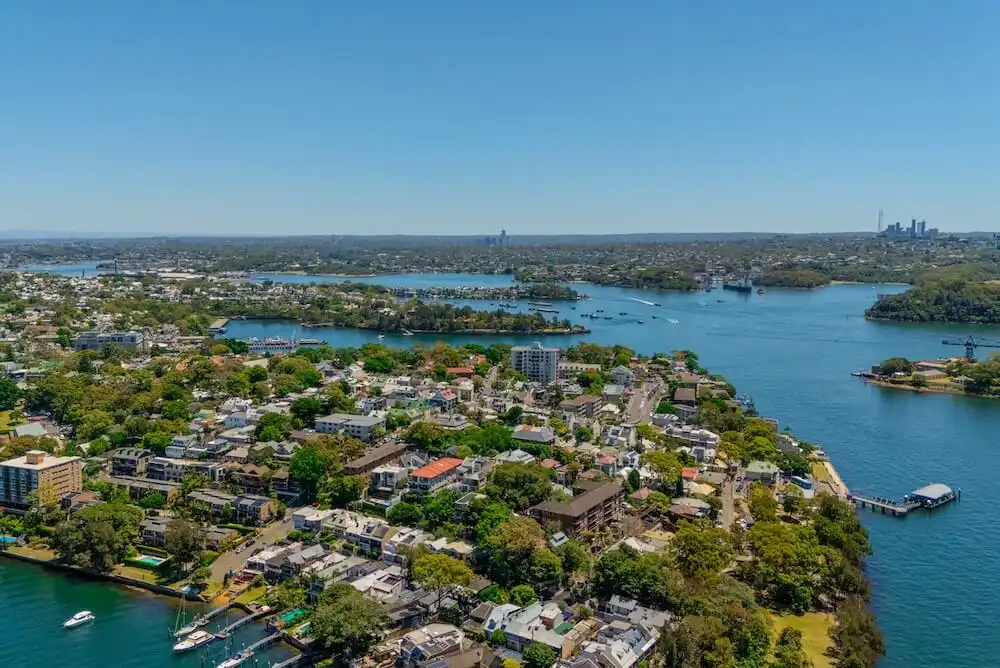Most common questions about the real estate market in 2020-21
Is it a good time to buy, sell or invest? With so many changes to the real estate market in 2020, many Aussies are asking themselves the same question.
So how do you know when it’s the right time to make a move? The truth is, it all depends on your individual circumstance, your local market and what you’re trying to achieve.
To help you understand the current climate, we answer some of the most common questions that buyers, sellers and investors have about the current state of the market below.
Is it the right time to buy?
There are a few factors that come into play here, your own personal circumstances, your goals and the state of the market you want to purchase in.
Generally speaking, Aussies are feeling more confident about the real estate market, with consumer sentiment being at its highest levels since the end of 2013. Compared to other economic downturns, sentiment has recovered more sharply than ever before.
For many buyers, there are plenty of incentives that are making the purchase of property easier. These include first home buyer concessions and the lowest interest rates in history which are not expected to rise for at least three years. In addition, proposed changes to lending obligations are expected to be rolled out in March 2021, which will make access to increased credit easier for Australians.
Already, since the pandemic we are seeing that Australians are borrowing at record levels.
The latest ABS housing finance data shows the volume of finance lent for the purchase of property increased 5.9 per cent in September, taking the quarterly increase to 20.0 per cent, which is the highest quarterly growth rate on record.
In addition, there are proposed changes to stamp duty obligations up for consideration in New South Wales. Instead of paying an upfront, lump sum, buyers would have the option of paying an annual land tax, and owner-occupiers would potentially pay less than investors. This could incentivise more buyers to enter the market as there is less need for an upfront cost, as saving for a deposit and stamp duty together causes significant barriers to entry.
The bottom line: there was no huge property price crash, and price falls have been relatively mild compared to what was originally forecasted.
In addition, we’re starting to see that in many areas, prices are on the rebound, with economists predicting price growth in 2021, so if you were looking to buy, now might be the time.
Is it still smart to buy near the city?
While the trend towards working from home as a result of Covid-19 has accelerated movement towards regional cities, many of us have been left wondering whether it's still a good idea to purchase near the city.
From an investment point of view, inner-city markets have long been considered desirable, as investors have reaped the rewards of solid growth in these markets.
But, in the current market, which is battling low tourism, low migration and a shift in lifestyle attitudes, solid growth may no longer be a sure bet.
With that being said, some people will always want to be city-dwellers, so investing in an inner-suburb can still be a good move to make - you just need to be mindful of where you invest and what kind of property you invest in.
For the most part, analysts agree that in 2021 inner-city apartments and new developments will be the ones to suffer most.
That’s because high-density apartments are reliant on tourism, retail, overseas students and a strong rental market, all of which have deteriorated as a result of Covid-19.
Unfortunately, the kinds of tenants who are most likely to rent apartments in inner-city locations were also the demographics most affected by the pandemic: this includes younger Australians, hospitality workers, overseas students etc.
This has created a situation where vacancy rates have risen and asking rents have declined - which has caused investors to retreat from these kinds of markets.
However, if you’re looking to buy an apartment as an owner-occupier in an inner-city suburb, watch these markets carefully - you may be able to nab a bargain.
For those looking to buy properties that are more scarce in these markets, like inner-city houses or three-bedroom apartments, these types of properties are more likely to retain their value or increase in value, as their scarcity helps to maintain their demand.
Remember that while this is a general view of the current state of play, it’s important to assess markets individually and do your research before making any big financial decisions.
We’ve also put together a handy guide around which market trends you should keep an eye on.
Is the market rebounding and what can we expect in 2021?
Already, broad trends show that across capital city markets, property prices are rising, and that regional markets have either remained stable or have enjoyed steady growth throughout the pandemic (more on this in our latest national property market update).
The latest analysis from economists at ANZ suggests that we have reached the bottom of the market as a result of the pandemic, and that prices are on the rise.
The report stated that “the housing sector is now turning a corner.”
At the start of the pandemic, other economists had predicted that house prices would fall in excess of 10 per cent, but have now revised these figures.
For example, Commonwealth Bank economists forecasted a fall of 10 per cent, but revised this back to a 6 per cent decline by early next year.
ANZ economists expect that October 2020 marks the bottom of the house price cycle. Now with borrowing rates on the increase, as well as the lowest interest rates in history, property prices are expected to rise over the next 12 to 18 months.
According to the ANZ report, 2021 will be a year of strong growth - property prices in Perth are likely to jump 12 per cent; Brisbane 9.5 per cent; Hobart 9.4 per cent. While Sydney prices are expected to rise 8.8 per cent and Melbourne prices 7.8 per cent.
What regional areas have had the highest price growth?
Listings portal realestate.com.au analysed growth in regional areas between July 2020 and September 2020, and found the following top regional growth areas across a few key states:
New South Wales:
- Coffs Harbour: 8.7% change
- Mid North Coast: 8.3% change
- Richmond - Tweed: 6.3% change
Victoria:
- Warnambool and South West: 5.8% change
- Ballarat 4.8% change
- North West Victoria: 4.1% change
Queensland:
- Townsville: 3.8% change
- Gold Coast: 3.2% change
- Wide Bay: 3.1% change
South Australia:
- South Australia - Outback: 4.7% change
- South Australia - South East: 1.3% change
Western Australia:
- Wheat Belt: 11.7% change
- Bunbury: 5.2% change
- Mandurah: 2.2% change
Tasmania:
- Launceston and North East: 4% change
- South East: 2.1% change
Read: Is the real estate market shaping-up for a strong rebound?
Should I sell now or wait?
Luckily, during this pandemic Australia has fared well in comparison to other countries, so if you were in the right financial position to sell, and understand the state of your local market, now may be a good time.
As we’ve touched on above, generally speaking, housing values have remained fairly resilient, and in many regions, are on a clear rebound. At the moment, values have been cushioned by lower levels of advertised stock, government stimulus, record low interest rates and mortgage repayment holidays.
In many markets, first home buyers are out in full-force, and with lower than average listings, this demand is ensuring that sellers have a better chance of getting a good price for their home.
It’s important to reiterate that you need to understand how your local market is faring before making a decision. Whether you are impacted by value falls or rises depends on many factors, including property type, property price, location and more. Do your research, look at recent similar sales, speak to agents and look beyond the headlines.
While forecasters are expecting property prices to rise in 2021, no-one can be certain what may happen if JobKeeper and JobSeeker come to an end, or if distressed sellers flood the market.
For now, the market looks as if it is primed for steady growth, but it is important to carefully consider your options.
Read our guide: 10 signs it's time to sell








